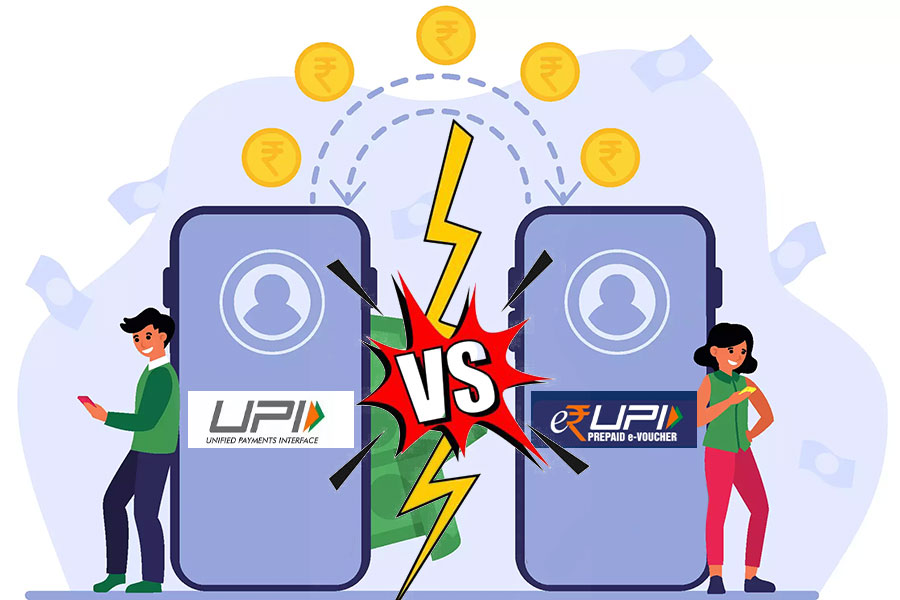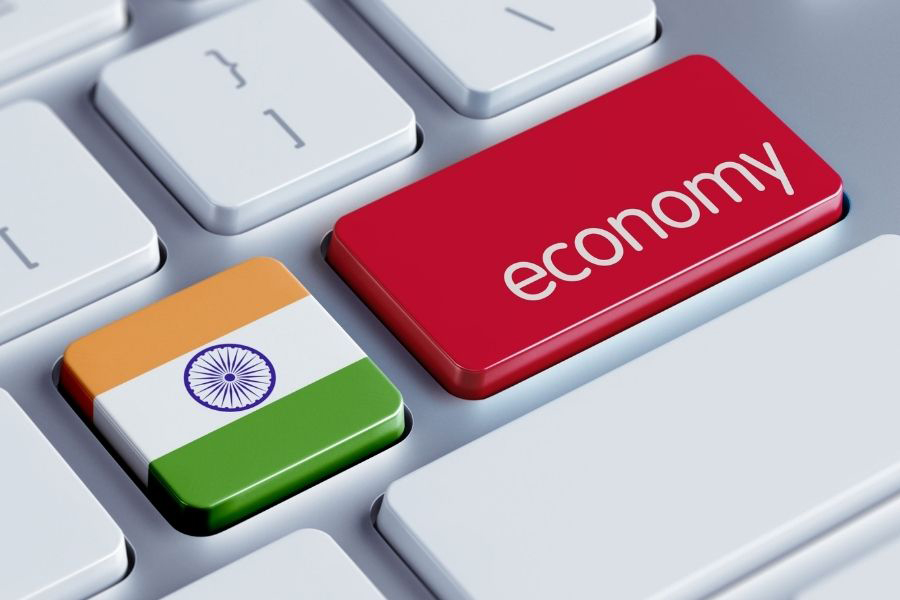ERupi versus BHIM UPI
Your guide to know about India’s first digital currency.
The Reserve Bank of India has launched India’s first e-RUPI or electronic Rupi in country. Although the central government has taken its first step to introduce electronic currency, will this pave way for regulated cryptocurrency to make a debut in the Indian market?

Image Credit: TPCI
India has launched several digital payment modes such as BHIM UPI, GPay, Paytm, PhonePey to make cashless transactions more adaptable and swift. So, how is eRupi different from its existing digital payment counterparts?
Decoded: UPI versus eRUPI
eRupi is the latest initiative by the government towards digitized payment options but it is not a cryptocurrency. eRupi is offered to the end users in the form of an electronic coupon/voucher. It has been developed by the National Payment Corporation of India (NPCI), in association with Department of Financial Services, Ministry of Health and Family Welfare and the National Health Authority.
The digital coupon is available for corporates, merchants and consumers. Unlike UPI, eRupi will be acceptable at only selective outlets. The digital currency, however, doesn’t require credit/debit card, mobile app or internet service. The coupon or voucher is generated electronically by the bank. To register on BHIM UPI, a user must hold debit card details.
Corporates or a government agencies will have to reach out to their respective banks, share a list of its beneficiaries (information like name, mobile number, amount and purpose of the voucher) with the partner bank. The bank will create customized vouchers with the help of NPCI. The voucher will be issued directly to the beneficiary or to the corporate entity. It is sent to the end user in the form of a QR code or through an SMS.
Redeeming eRupi
The issuer can track the voucher once it has been redeemed by the end user. To make the transaction safer and environment friendly, the voucher is issued digitally/virtually, hence eliminating the need to be presented in a physical format.
Each voucher, purpose specific, can be redeemed once. The challenge of digital payments is also encountered in the form of a failed transaction. This can occur due to poor internet connectivity or mobile app error. So, unlike a digital payment option, such as BHIM UPI where the amount if transferred from one account to the other through internet banking, eRupi is redeemed in a few steps and may face lesser decline cases due to pre-blocked amount.

How to redeem eRupi?
The merchant will ask the voucher holder to show the eRupi QR code or the SMS they have received on their phone. The next step would be to scan the QR code or SMS code by using a merchant app on their POS machine (Point of Sale machine). Enter the amount that needs to be deducted from the voucher. Once the coupon is redeemed, the beneficiary gets a verification code on their registered phone number. The code will be shared with the merchant to complete the process.
The cap on the amount for each voucher is Rs. 100,000 for government schemes and Rs. 10,000 per voucher for private entities. The two-step redeeming process will not require a customer or beneficiary to submit their personal details such as I.D card details or bank account details.
The following banks are authorized to issue eRupi:
- Axis Bank
- Bank of Baroda
- Canara Bank
- HDFC Bank
- ICICI Bank
- Indusind Bank
- Indian Bank
- Kotak Mahindra
- Punjab National Bank
- State Bank of India
- Union Bank of India
What is the validity period of the eRupi voucher?
Once the eRupi voucher is issued, its validity shall be defined by the Issuer Bank/Payer PSP as per the use case with a maximum validity per voucher upto 1 year. It is important to note, that eRupi voucher can only be used to redeem for a specific purpose and will not allow cashback option.
The eRupi comes under the legal framework of the following laws:
- Banking Regulations Act. 1949
- Payment and Settlement Systems Act, 2007 (PSS Act)
- Section 43A of IT Act, 2000 and the IT Rules, 2011
- Section 25 of the Payment and Settlement Systems Act, 2007 (PSS Act)
The concept of eRupi was announced in 2021 and after over a year, it has finally debuted in the domestic market. The concept focuses on keeping user information confidential & has made electronic rupee accessible to smartphone users & basic phone users. Experts say eRupi may play a vital role in bridging India’s digital gap as it involves minimal or zero internet connection.













Leave a comment